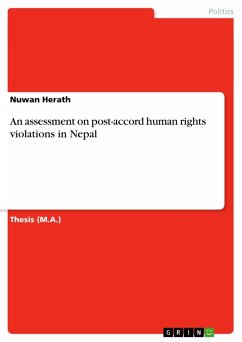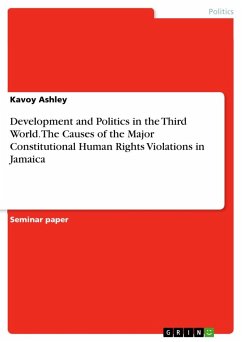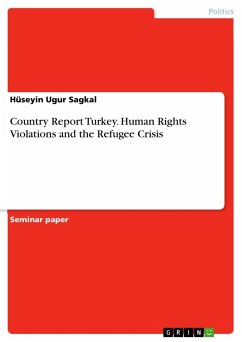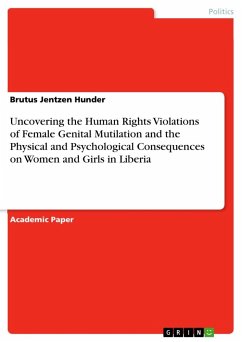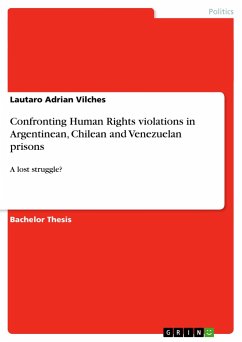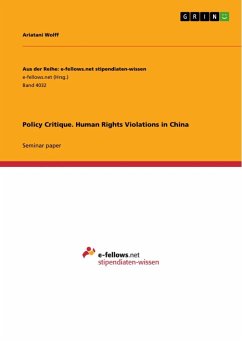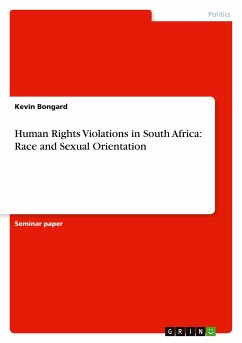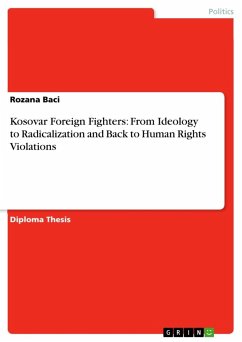Thesis (M.A.) from the year 2013 in the subject Politics - Topic: Peace and Conflict, Security, University of Notre Dame, course: Peace and Conflict Studies, language: English, abstract: This study focuses on post-accord human rights situation in Nepal and attempts to explain geographical and demographic variations in pattern of violence perpetrated by various non-state actors, the Maoist party and the state. Analysis performed in this study confirms most of the expectations regarding susceptibility of districts and geographic/development regions given certain population characteristics, emergence of non-state armed groups along with proliferation of weapons in post-accord period. The overall pattern suggests that human rights violation incidents had declined after signing of an agreement but non-state actors were responsible for most of human rights violation acts in post-accord Nepal. Findings from this study confirms early studies that on human rights situation in Nepal. Nevertheless, this study provides more sophisticated analysis and suggests where one would expect to see more human rights violation and who would be most likely to perpetrate acts of human rights violations.

